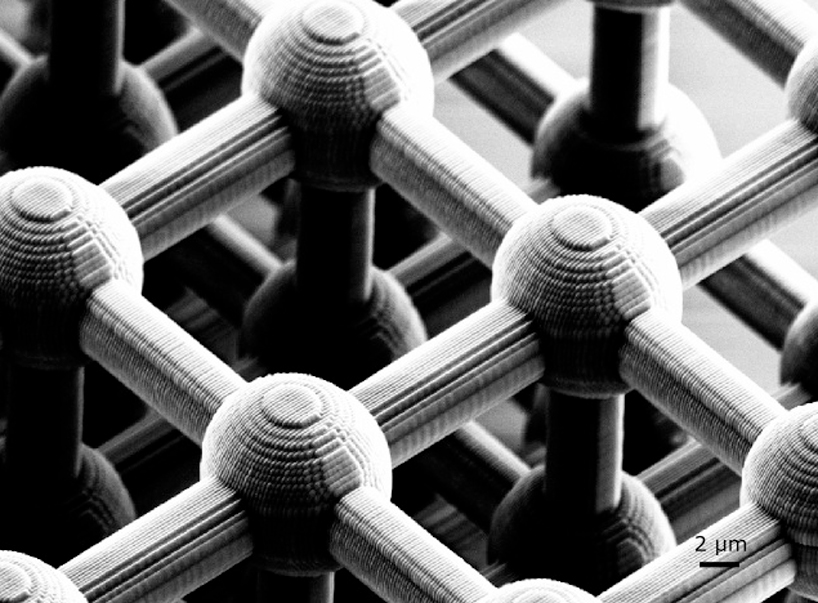Nano-tech boosts drug delivery
 Nanotechnology could offer new hope for bowel cancer patients.
Nanotechnology could offer new hope for bowel cancer patients.
Bowel cancer is the second deadliest cancer in the world, killing almost a million people each year. However, new research suggests that nanotechnology could provide a more effective treatment option than conventional therapy.
The findings come from the first study to use nanoparticles to target bowel cancer.
Researchers were able to show in animal experiments that nanoparticles containing the chemotherapy drug Capecitabine (CAP) attach themselves directly to the diseased cells, bypassing healthy cells and therefore reducing toxic side effects as well as the size and number of tumours.
CAP (otherwise known as Xeloda) is a first-line chemotherapy drug for bowel cancer, but due to its short life, a high dose is necessary to maintain effective concentration, resulting in some harsh side effects when delivered conventionally, including severe hand and foot pain, dermatitis, nausea, vomiting, dizziness and loss of taste.
The side effects are exacerbated because the drug affects both healthy and diseased cells.
But the latest study looked at more targeted drug delivery using nanoparticles as smart carriers, so that the drug can be delivered specifically to the tumour. This allows a smaller and less toxic dose.
CAP delivered via nanoparticles reduces both the size and number of cancerous bowel tumours, results in fewer abnormal cells, improved red and white blood cell counts and less damage to other organs.
The targeted delivery system has a dual function: binding the receptors as well as releasing the drug to the tumour micro-environment.
“It has been a challenging project but we believe the platform technology developed can be applied to other cancers and chemotherapeutic drugs,” says University of South Australia Professor of Pharmaceutical Science, Sanjay Garg.







 Print
Print